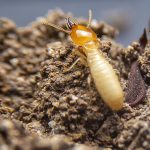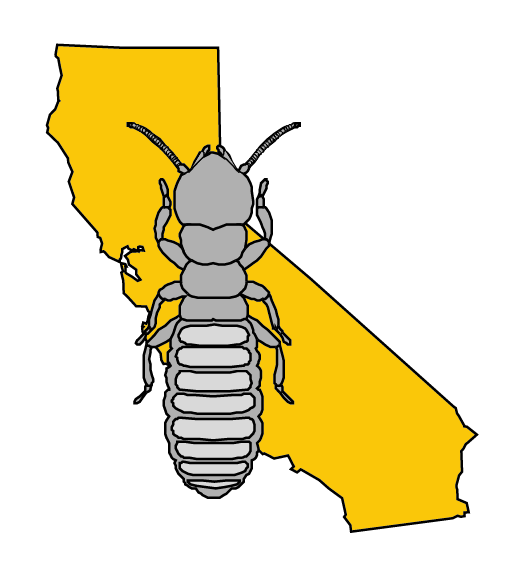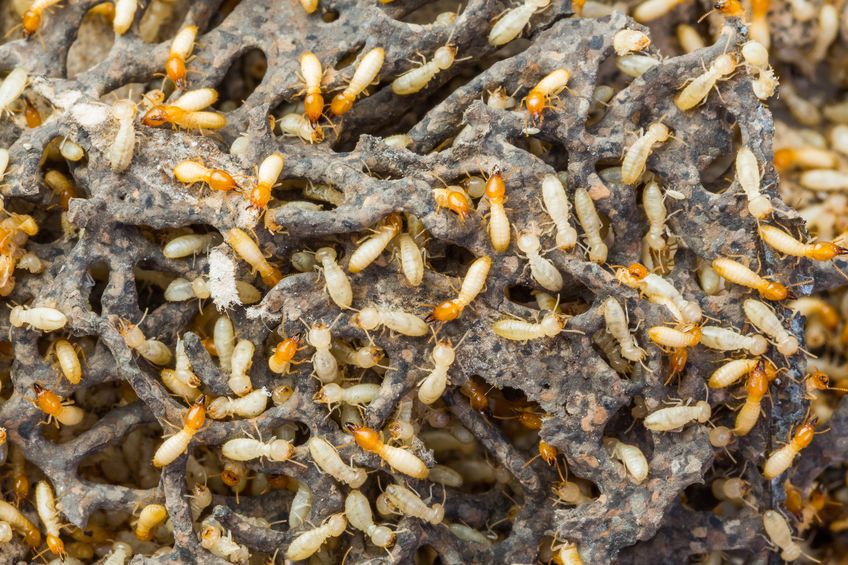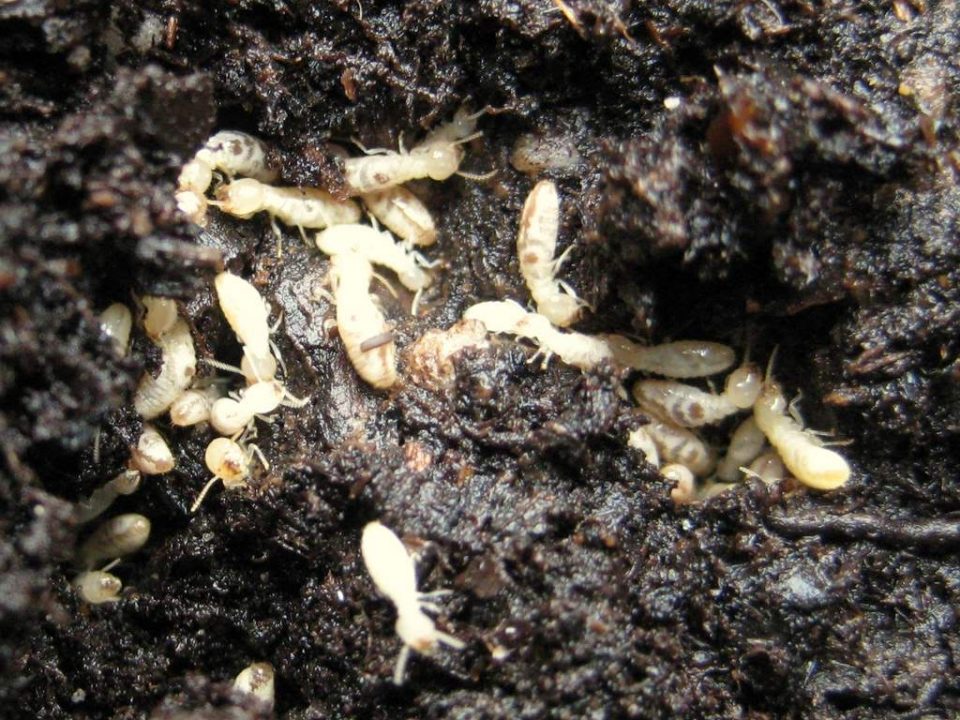
Do Termites Hide Out In Potted Plants?
January 7, 2022
The True Cost of Termite Treatments in Oceanside
November 15, 2023Pest control researchers are always trying to come up with new and improved termite pest treatments. During most of the 20th century, only a small number of chemical insecticides were available for treating termite infestations, but today, pest control professionals practice integrated pest management strategies for controlling termite pests. Integrated pest management involves the use of multiple eradication methods when treating homes for pest infestations. For example, research shows that heat treatments are more effective than insecticides alone for treating bed bug infestations, but using a minimal amount of insecticide in addition to heat treatments is the most effective way to kill all bed bugs within an infested home. In order to eliminate a termite infestation, pest controllers may resort to heat treatments, freeze treatments, insecticide foams, and some pest control services have found success using microwaves and electrocution as termite eradication methods, but these treatments have yet to catch on in the US. Pest control researchers have recently found that essential oils produced by several flowering plants can effectively poison subterranean termite pests as well as alter their behavior.
The tropical flowering shrubs that belong to the Lippia genus in the Verbena family are common plants that are distributed worldwide. Most of the 200 plant species in this genus are strongly aromatic and are frequently used for culinary purposes, but three species in particular produce oils that are toxic to termite pests. These three species include lippia alba, lippia gracilis and lippia sidoides, the latter of which is the most toxic of the three to subterranean termites. When these essential oils were applied to termite-infested homes through fumigation, researchers found the compound thymol to be the most toxic compound within all three of the essential oils. Furthermore, researchers discovered that a sub-lethal dose of all three essential oils altered termite behavior in a manner that makes the pests easier to control. These sub-lethal effects included greater intercolony and intracolony aggression and a high level of non-recognition between subterranean termites of the same colony. These behaviors have a negative effect on colony cohesion and overall colony survival. Other behavioral effects induced by essential oil treatment include slowed crawling speed and decreased grooming among colony mates. Researchers state that the essential oils extracted from Lippia plants could be used as effective bio-insecticides, but setting potted Lippia plants on a porch probably won’t do much to repel foraging subterranean termite workers.
Have you heard of common garden or landscaping plants that supposedly repel insect pests?


